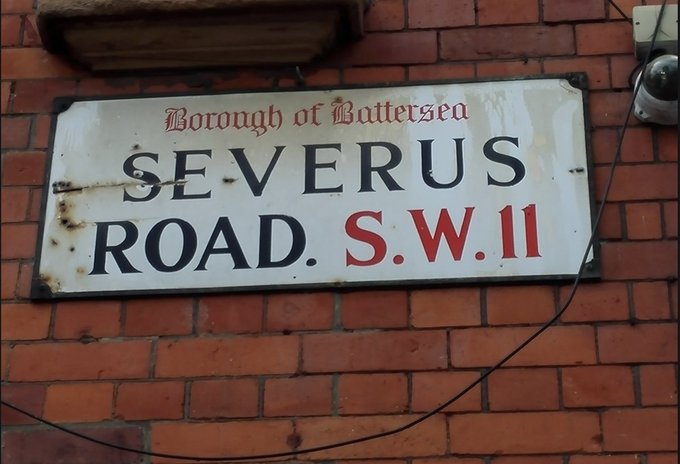As far as I know, Rowling has never stated a particular meaning to "snape" that relates to the character, although the common theory is indeed that it sounds like "snake".
This article on translating Harry Potter into Yiddish mentions both the French and Italian translations in discussing how translation of the names is difficult because some are wordplay in-universe and others are out-of-universe puns.
One common question: What to do about names? Throughout the novels, Rowling either gives her characters traditional British monikers like Cornelius or Hermione—which have no equivalent in many foreign languages—or she chooses names that connote something about the character in question. Thus, the wizard Sirius Black is later revealed to possess the ability to transform into a black dog, as foreshadowed by his name’s reference to Sirius, the Dog Star.
As he examined prior foreign editions, Viswanath discovered that different translators had taken dramatically different approaches. “French went totally out there,” he said. “They renamed [Severus] Snape to ‘Rogue.’ In Italian they renamed him ‘Piton’ [snake]. French even changed the name of Hogwarts” to Poudlard, which means “bacon lice.” In his own work, Viswanath didn’t find such radical revisions necessary for the most part, because “Yiddish is a Germanic language, so the English sounds are not that foreign.” Thus, Harry’s classmate Neville Longbottom remained Longbottom, rather than “longtuchus.”
In some cases, however, it was necessary to rename characters to preserve Rowling’s intent, which is how Quidditch captain Oliver Wood became Oliver Holtz. In the novel, Harry is introduced to Wood by professor Minerva McGonagall after he demonstrates remarkable skill chasing another student in midair on a broomstick. Thinking he is about to be disciplined for breaking the rules, he misinterprets her meaning when she asks another teacher if she can “borrow Wood for a moment,” wondering “was wood a cane she was going to use on him?” Needless to say, this wordplay would not work unless Wood’s name referred to wood—or holtz—in Yiddish, and so Viswanath rebranded the character, even though he’d found that many “other languages don’t try to do it,” leaving readers somewhat confused.
I suspect that the French translation may have been riffing off of one definition of the Middle English word "snape", from Old Norse sneypa ("to outrage, dishonor, disgrace")
To rebuke; revile, criticize
Given Snape's tendency to belittle those around him, it seems like an apropos word to use, and "Rogue" captures some of the same meaning of someone being a bit on the bad side, which is closer to the Old Norse origin. That said, I suspect this is more of a happy accident than intention.

